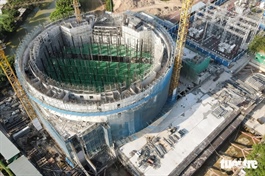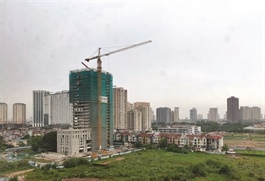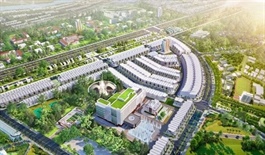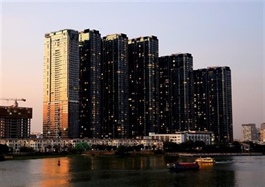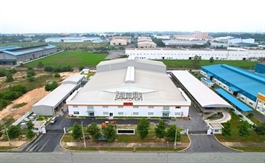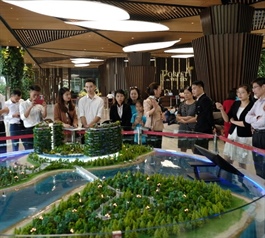Hanoi to add 7.1 million sq.m of residential space this year
Hanoi to add 7.1 million sq.m of residential space this year
The average floor area per person across the city will reach 28.8 square meters by 2024.
The total housing area is expected to exceed 7.1 million square meters by 2024, according to Hanoi's Development Plan for 2024 released by the city's People's Committee.
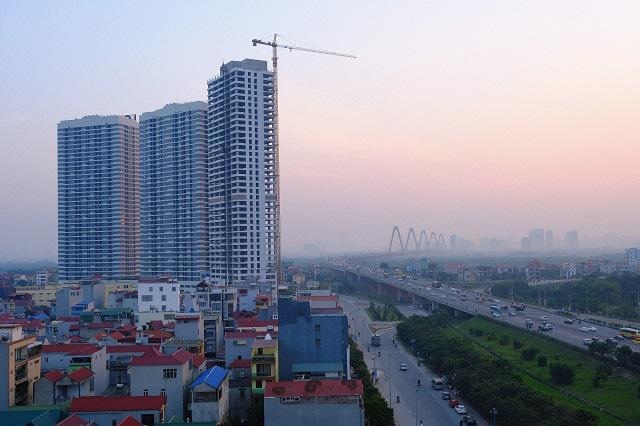
Apartment buildings in Dong Anh District. Photo: Thanh Hai/ The Hanoi Times |
Based on the targets set in the Housing Development Plan for 2021-2025, Hanoi defines the housing development targets for 2024 as 4.5 million square meters of self-built housing and about 2.685 million square meters of project-based housing. Project-based housing includes about 2.573 million square meters of commercial housing, 0.078 million square meters of social housing and 0.034 million square meters of resettlement housing.
The average floor area per person in the city is expected to reach 28.8 square meters in 2024, based on the average target achieved in 2023 (28.6 square meters per person) and the completion of housing projects in the city in the last months of 2024.
To achieve these goals, one of the city's solutions is to focus on reviewing and studying policy mechanisms to guide and resolve difficulties and obstacles for slow-moving urban projects and encourage and support housing projects.
Investors will be held accountable for failing to deliver projects on time and ensure a synchronized technical and social infrastructure. Hanoi will also take decisive measures to address and even cancel delayed projects, thus creating momentum for the healthy development of the property market.
For social housing development, the city will speed up approval procedures for independent and concentrated social housing projects and pay close attention to selecting qualified investors through tenders.
According to the plan, Hanoi will also review the use of the required 20% and 25% of land in commercial housing and urban projects for social housing, following the guidelines of the Ministry of Construction.
It will also review and identify the need for social housing and housing for workers in the city's industrial zones.
For the development of resettlement housing, by the guidance of the Hanoi Party Committee on purchasing commercial housing for resettlement, the city will pilot a feasible and effective ordering mechanism to meet the future demand for resettlement housing.
The city will also continue to push for the completion of ongoing resettlement housing projects, especially the publicly funded ones.







